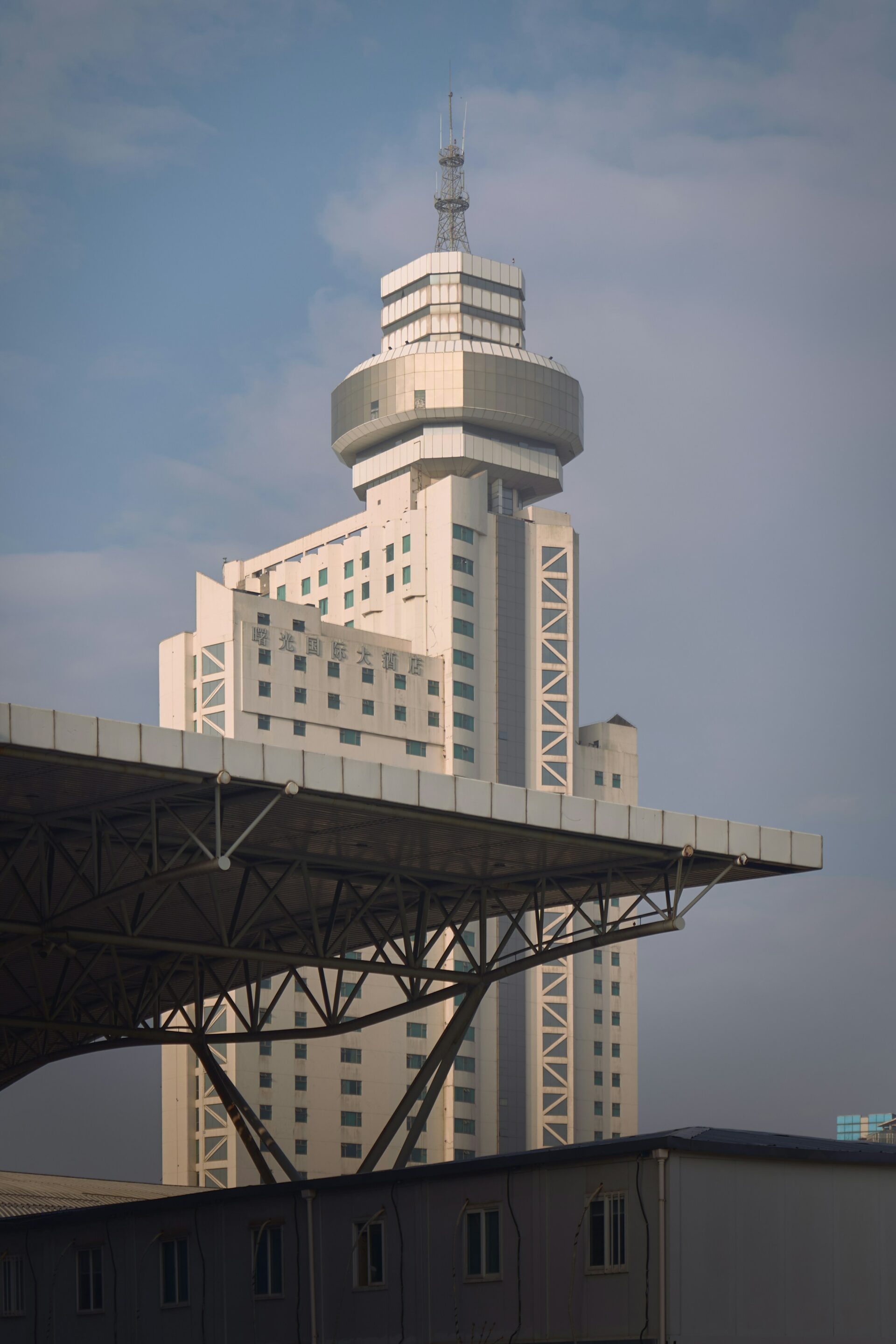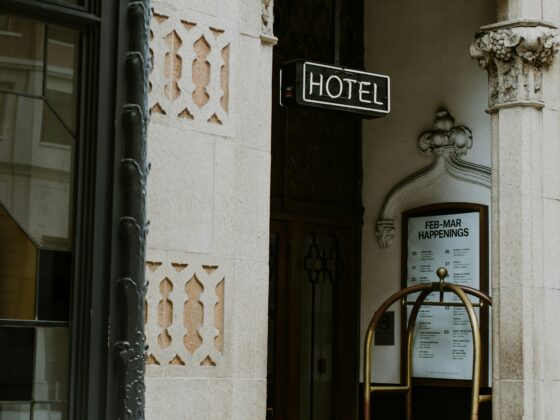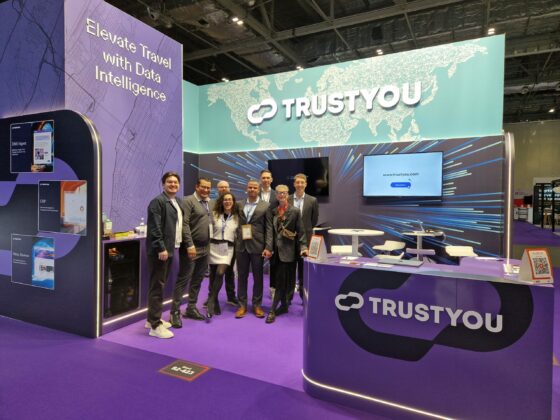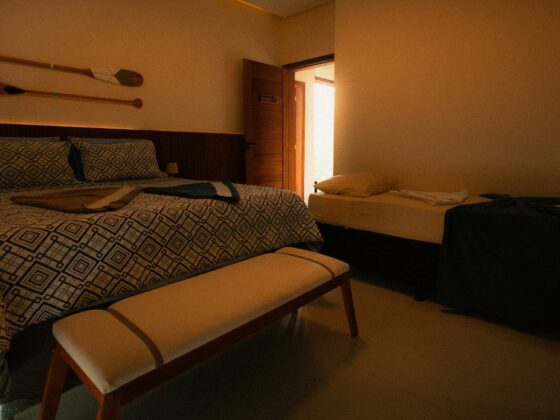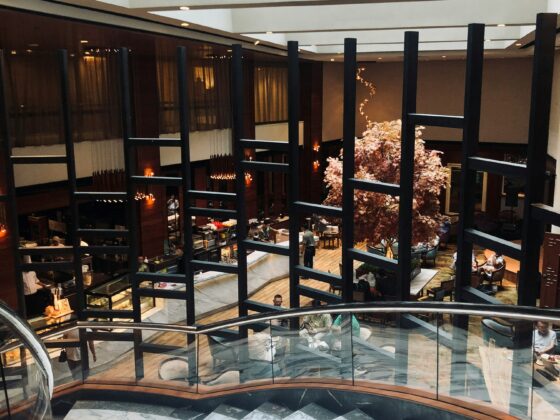Travelers today are demanding more from their hotel experiences. The way they search, book, and stay is shaped by digital touchpoints, and technology is at the heart of every interaction. According to the Amadeus Travel Dreams Report 2024, which surveyed 6,000 travelers across six markets, guests are increasingly looking for personalization, convenience, and innovation at every stage of their journey.
Takeaways
Guests are willing to pay more, 12% above ADR on average, for specific amenities and services.
52% of travelers are open to sharing personal data in exchange for personalized offers.
Preferences vary: 71% of business travelers prefer self-service check-in, while 48% of leisure travelers still want personal interaction.
Sustainability and wellness are rising priorities, with 36% of business travelers seeking eco-friendly practices and 44% of all travelers wanting wellness offerings.
The future of hospitality depends on connected hospitality systems that bridge distribution and operations seamlessly.
Willing to pay more for personalization
One of the study’s strongest findings is that travelers are willing to pay more for features that improve their stay. Globally, guests said they would spend an average of 12% above the standard rate for specific amenities, which could generate US$5,383 in additional revenue per room per year for hotels. At the same time, more than half (52%) of travelers are willing to share personal data in exchange for tailored offers.
Distribution technology plays a key role in helping hotels capture this demand. But the ability to deliver on those expectations depends on the systems within the property.
Property management systems (PMS), point-of-sale (POS) platforms, payment solutions, and mission-critical infrastructure form the operational backbone. When these are connected with distribution, hotels can build the kind of seamless journeys that travelers now expect. This is the promise of integrated hotel technology.
The changing hospitality technology landscape
The Amadeus study makes clear that traveler behavior is evolving rapidly. Seventy percent of travelers said they would like to take a virtual tour of a destination before booking, with demand rising to 86% in India and 85% in China. This shows how immersive digital tools are moving from novelty to expectation.
These changes reveal how digital-first, visually engaging content now drives decision-making. Hotels must meet guests where they are inspired, but that is only the first step. Without connected systems, the expectations set during inspiration and booking cannot be fulfilled during the stay.


The operational backbone: PMS, POS, Payments, and Infrastructure
Meanwhile, traditional sources of travel inspiration are losing ground. Newspaper ads have fallen from 26% five years ago to 18% today, while agents with a physical presence have declined from 25% to 19%. By contrast, social media adverts grew from 23% to 33%, and travel influencers from 20% to 29%.
Distribution brings guests to the property, but operational systems define the quality of their experience. The Travel Dreams report highlights how much guests expect hotels to adapt to different preferences, making flexibility and integration essential.
Property Management Systems (PMS)
One of the most striking findings is the difference between leisure and business travelers at check-in. Nearly half (48%) of leisure travelers prefer a traditional desk check-in, while 71% of business travelers favor online or self-service options. Without a flexible PMS, hotels risk frustrating one group while serving the other. An integrated PMS allows hotels to deliver both efficiency and personal interaction as required.


Point-of-Sale (POS)
The point-of-sale system has traditionally been associated with restaurants and outlets, but its role has expanded dramatically. Today’s POS platforms must integrate with PMS and payment systems to support cross-outlet billing, guest recognition, and mobile ordering.
When integrated with the PMS, POS becomes a powerful tool for personalization. According to the research, 42% of business travelers value AI-powered assistants for personalized information. The POS becomes the frontline where personalization is delivered in practical ways.
Payments
Payments are a strategic enabler of revenue and a key factor in building guest trust. Hotels need solutions that handle multiple currencies, support cross-border transactions, and integrate with modern digital wallets while maintaining the highest levels of security.
The study shows that 22% of business travelers want the option to pay with cryptocurrency or digital wallets, compared to 15% of leisure travelers. As payment options expand, hotels must provide secure, integrated solutions that adapt to traveler preferences. This flexibility is also crucial for building trust.
Infrastructure
Underlying all of this is infrastructure. Cloud-first, API-driven platforms enable the seamless connections that power personalization, efficiency, and innovation. Without this backbone, technologies like smart room controls, which 33% of travelers said would improve their stay, cannot be deployed effectively.
Bridging distribution and operations
One of the study’s recurring themes is that technology must work across the entire journey. Inspiration and booking set expectations, but operational systems ensure delivery. Consider a typical traveler’s journey.
A guest is inspired by a social media post and books a stay through a distribution channel. The PMS captures booking data, ensuring room preferences and loyalty details are ready. At arrival, the guest chooses between a self-service kiosk or a personal welcome, depending on their preference. During the stay, integrated POS systems recognize their loyalty status, enabling tailored offers, while payment systems provide frictionless transactions. Finally, post-stay data feeds back into distribution, creating opportunities for personalized offers in the future.
Amadeus’ research shows that 37% of travelers believe seamless logistics, such as luggage tracking and real-time updates, would improve their journey, a figure that rises to 46% for business travelers. This kind of smooth experience is only possible when systems are connected into a seamless operational technology ecosystem.
Why integration is key
The business case for integration is clear. Amadeus’ findings reveal that guests are not only open to sharing data but also willing to pay significantly more for better experiences. Yet these opportunities are easily lost if systems remain siloed.
For example, if a guest books a premium package online, but the PMS and POS do not communicate, the hotel may miss the chance to deliver and upsell effectively. Likewise, if a loyalty guest arrives and staff lack access to real-time data, the personal recognition travelers increasingly expect is lost.
Integration ensures promises made during booking are fulfilled in-stay. It also ensures that the additional 12% revenue uplift guests are willing to pay for amenities is actually realized. In a competitive market, this alignment of commercial strategy and operational delivery is vital.


The next era of hospitality technology
The Travel Dreams Report also provides a vision of the future. 41% of business travelers see AI personalization as part of their ideal stay, while 50% of leisure travelers want hotels to provide more personal recognition on arrival. This balance of high-tech and high-touch reflects the dual priorities hotels must navigate.
Sustainability and wellness are also rising. 36% of business travelers want eco-friendly practices included in their hotel experience, while 44% of all travelers say enhanced wellness offerings would improve their stay. These expectations will only grow, requiring hotels to evolve operationally as well as commercially.
Meeting these demands will depend on end-to-end hotel tech ecosystems. Only by combining distribution, PMS, POS, payments, and infrastructure can hotels deliver experiences that are seamless, sustainable, and deeply personalized.
Conclusion
The Amadeus Travel Dreams Report highlights how technology is reshaping hospitality. Guests are demanding personalization, seamless logistics, flexible payments, and sustainable options. They are also willing to share more data and spend more money to get it.
Distribution platforms play a crucial role in reaching these travelers, but operational systems must ensure the promises made before arrival are delivered in reality. This requires investment in unified hotel platforms, where PMS, POS, payments, and infrastructure connect seamlessly with distribution.
Hotels that take this approach will be better positioned not only to meet traveler expectations but also to unlock new revenue opportunities and build long-term loyalty.


